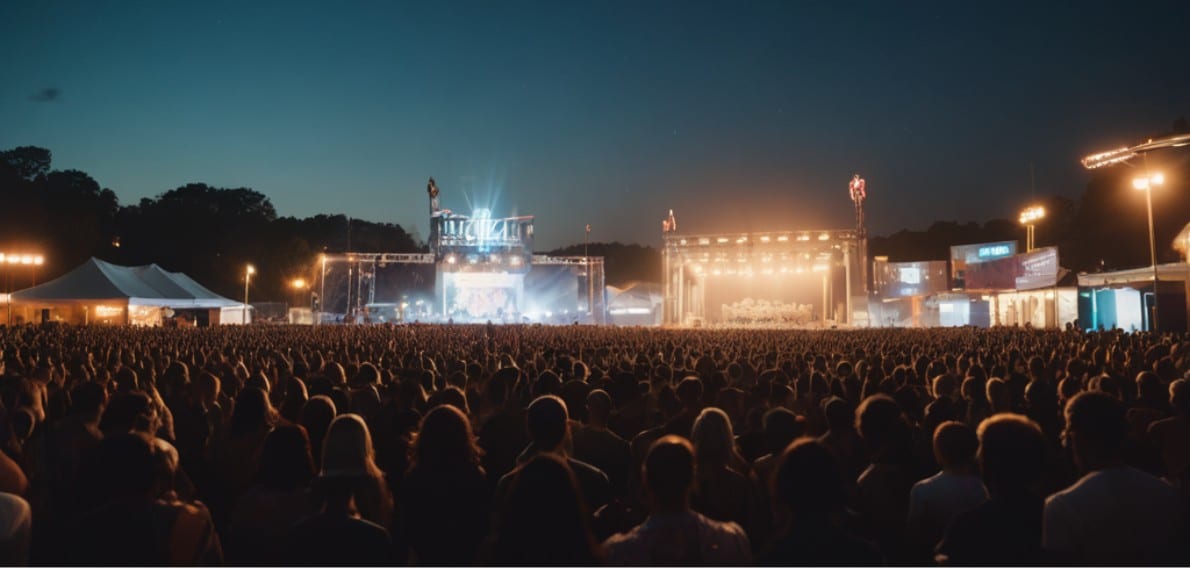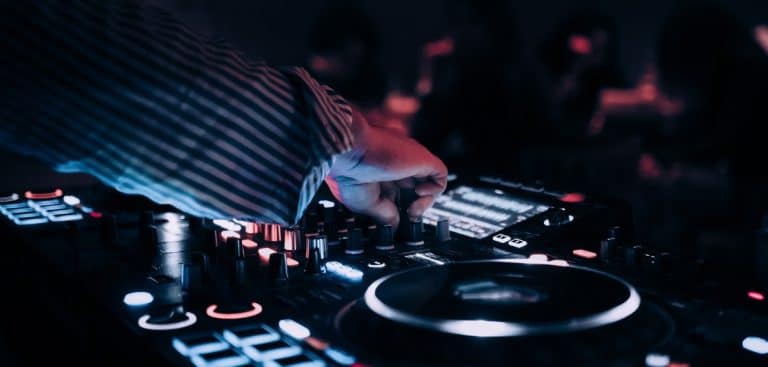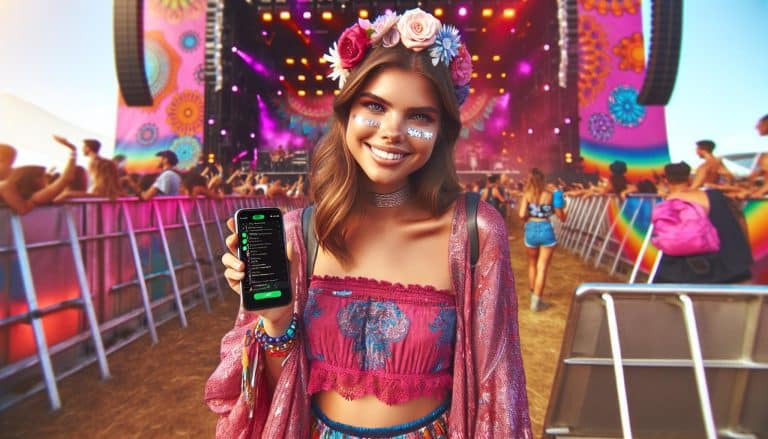An integral part of your overall event marketing strategy, pre-event marketing, if done right, can drive your event to mainstream success.
As an event organizer, it is a well-known fact that event marketing is crucial to event success. Today, music festivals, specifically, generate millions in profits, serving as a place where industry leaders and top grossing artists can engage with their fans on a grand scale.
When putting together a marketing strategy for your upcoming event, as part of your pre-event planning, you will want to think about all the different ways in which you can generate buzz leading up to the days of your event. Here, a strong pre-event marketing strategy will serve the purpose of engaging with your event attendees well before your event takes place.
An effective event marketing plan is comprehensive, and should consist of both pre, and post, event engagement strategies, as well as promotional efforts during the event.
In this article, we will take you through five essential pre-event marketing strategies that you should consider when putting together event marketing plan.
1. Create Buzz Using Valuable and Relevant Content
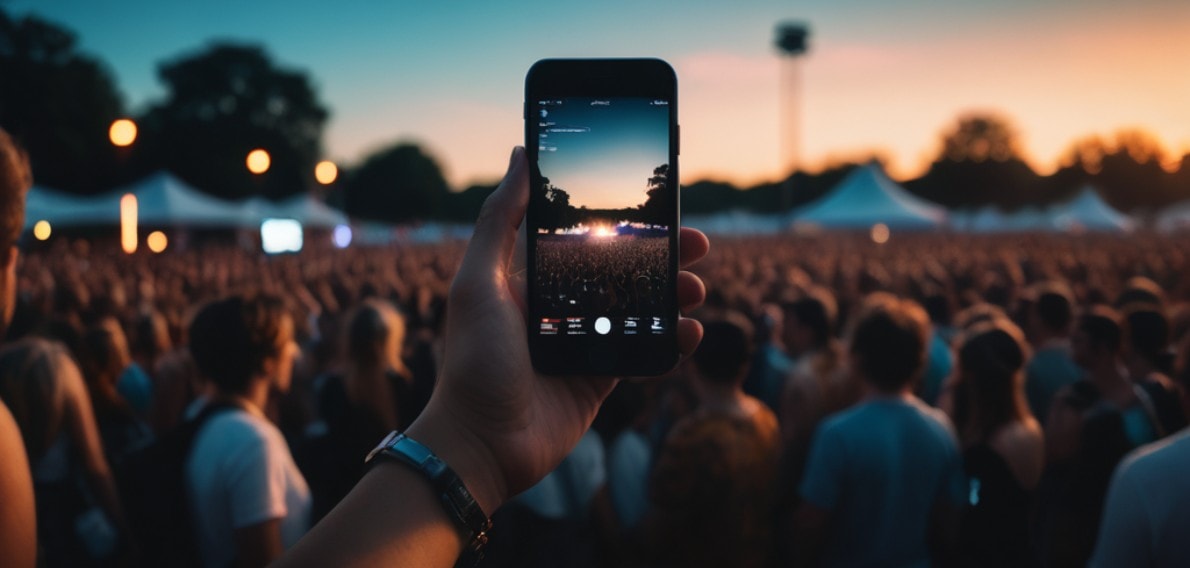
When creating content for your pre-event marketing campaign, you want to ensure that it’s original, fresh, and relatable. Think about your event details, specifically the most attractive aspects of your music event or festival—the venue, line-up, and unique features that only your music event could produce—and build your social media content around that.
For example, let’s say your venue is outdoors. Take this specific aspect and produce multimedia content around it. Show potential attendees an experience they can only partake in by attending your event.
Producing exclusive content this way allows you to build up a comprehensive and successful pre-event marketing campaign that keeps your audience engaged through the course of your event promotion efforts.
Also Read: 10 Essential Types of Online Content to Attract Ticket Buyers to Your Music Festival
Run with the unique details of your music event and create valuable content around that. Your initial, of pre-event, marketing efforts are the first step to the success of your current and future events.
2. Consider Paid Advertising

Once you’ve created your content marketing assets, and you have a timeline in mind for your overall event marketing strategy, the next step is to budget for advertising.
This means everything from social media posts to optimizing your content for search engines. You may want to consider dedicating a fixed spend on boosting select content to a broader audience on Instagram, for example, having gained enough data on the potential attendees you should target.
Similarly, boosting your website traffic or advertising your event’s landing page during a particular pre-event marketing window, could also significantly increase event visibility.
If your event marketing strategy primarily consists of content for social media, consider balancing your budget to maximize advertising opportunities on platforms such as Instagram, Facebook, and X/Twitter.
Also Read: How to Promote Your Event on Social Media: Key Tips to Build a Strong Campaign
Event planners also prioritize using a platform like Ticket Fairy to manage all aspects of their event marketing in one place.
A high quality ticketing and event management platform will enable you to gather insights about attendees, manage email campaigns, and make real-time strategic adjustments to your event marketing strategy to maximize ticket sales.
3. Partner with Social Media Influencers To Create User Generated Content
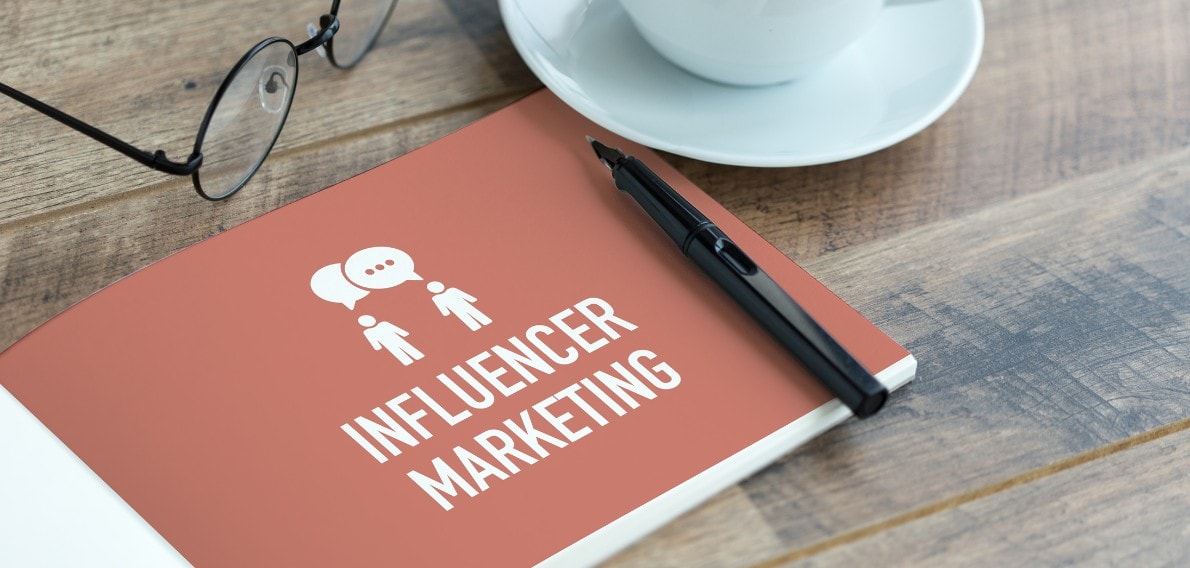
User-generated content can be highly beneficial to successful pre-event engagement. By targeting notable social media influencers within your music festival’s theme or niche, you open your event to a completely new online audience.
Also Read: How To Leverage Event Themes Into A Cohesive Marketing Strategy
Everything from sponsored posts to Instagram stories and live videos from top influencers can be a powerful tool to build momentum for your music event.
Offer early bird discounts to potential buyers who click through links from these influencers’ pages and posts, and keep your audience interested by frequently engaging with them through these influencer partnerships.
Your event marketing strategy will ultimately benefit from gaining mass visibility via a carefully curated influencer partnership. User-generated content or behind-the-scenes content can easily build excitement toward your event if the content is circulated through a network of trusted, active sharing partners with established follower bases.
4. Engage Your Target Audience by Actively Including Them in the Pre-event Marketing Campaign
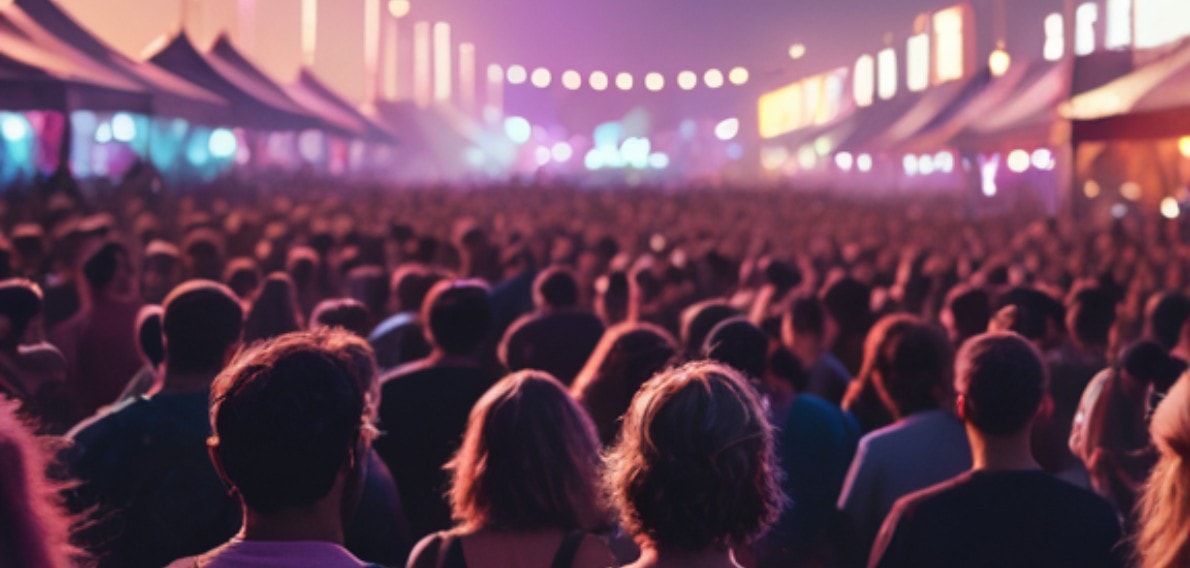
A great way to engage your audience well before your event takes place is by including them in your event marketing strategy. How? By curating a series of engagement opportunities such as contests, giveaways, and rewards.
Encourage attendees to share posts using a specific hashtag for your event. Run a ‘comment contest’ where the best comment wins a special prize, such as free festival merchandise or a chance to participate in exclusive fan meet-and-greets.
Also Read: The Do’s and Don’ts Of A Smooth Artist Meet-And-Greet
By including your target audience in your social media marketing efforts, you gain the unique advantage of getting to know potential attendees before your event takes place.
Tune in to the discussions your target audience is having on various social media platforms and gather feedback to further finetune your engagement strategies as your campaign progresses.
Making your target audience feel heard and involved will not only build excitement for your upcoming event but also significantly boost the success of future events, having already established an active audience online and on social media.
You can also create fun ways to engage with your audience during and after the event. This could mean sharing pictures or posts of them attending the event, and stories of their experience on your festival’s official social media channels.
5. Be Timely and Consistent With Your Content Marketing
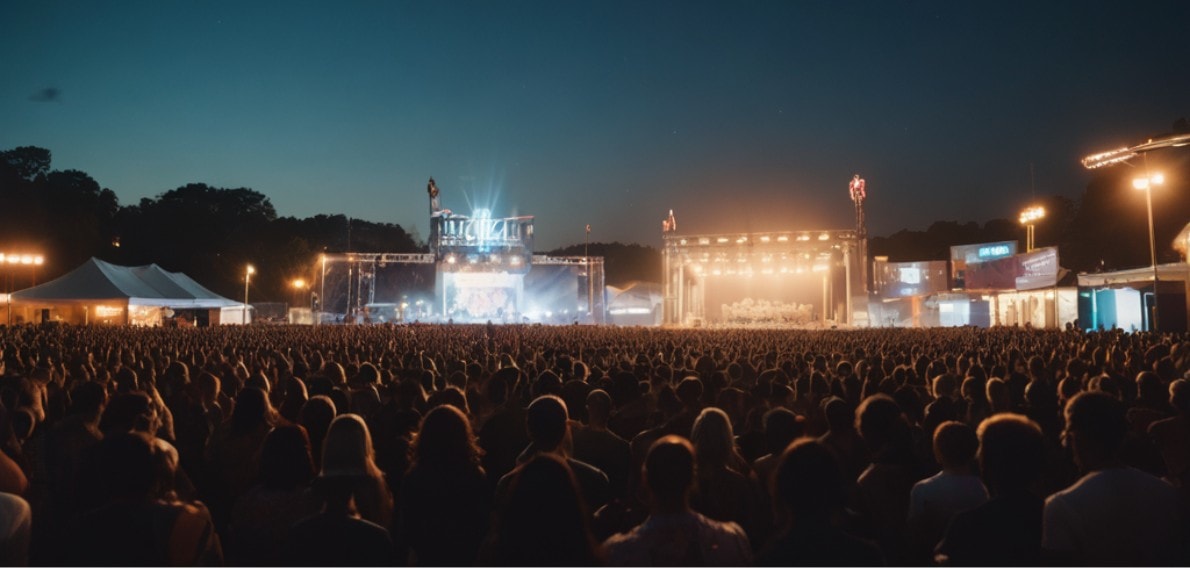
Last but not least, make sure to be on time and consistent with all your content marketing efforts.
A tuned-in audience will not only stay for engaging content, they want to anticipate and look forward to your event as frequently as they engage with content on social media. Set a strict posting schedule once your assets are ready, keeping in mind peak times and phases of ticket sales and event announcements, and stick to the schedule.
Use your Stories on Instagram to appear on your audience’s feed daily, and use the tools provided (polls, countdowns, Q&As etc.) to further engage with them. Consider deploying a social media team to manage this aspect of your event’s promotional efforts, and watch the success of your event’s online presence trickle over into your next event.
Consistency in the marketing aspect of your event planning is easily achievable by planning in advance. By leveraging technology like Ticket Fairy, you can leave all technical aspects of your events management to a powerful system that is equipped to take on the demands of your event, so you can focus on the areas that demand a human touch, like engaging with your audience online.
Also Read: Top Event Ticketing Platforms in 2024: Which One’s Best for Your Events
Summary
A strong pre-event marketing strategy is a crucial part of any event plan. Once the details of your music festival or event are in place, the next step is to create a cohesive strategy to advertise your event to the masses. A well-crafted plan will directly lend to the success of your event, so it is advisable to dedicate enough time to a strategy that is customized to your event’s most appealing aspects.
The goal of your online marketing campaign is to bring potential buyers to your event’s landing page to purchase tickets. Using the tips above, building a strong campaign to deploy before your music event or festival will be easier to plan and manage.
Audience engagement will determine the outcome of your event so make sure that you’re paying a considerable amount of attention to leaving a lasting impression amongst attendees.
Frequently Asked Questions
What is pre-event promotion and marketing? And why does my event need it?
Pre-event promo and marketing is the process of planning, creating and launching several efforts towards the promotion of your upcoming event.
Every large and small-scale music event needs pre-event marketing to ensure ticket sales. The approach and plan may vary greatly from event to event and depends on the size, scope, and demand of that particular event.
What are the different types of pre-event marketing?
The two primary different types of pre-event marketing are online and offline marketing.
Online, or digital marketing, consists of the use of social media, search engine, blogger and influencer campaigns, while offline campaigns focus on physical advertising such as billboards, mass media advertising and teaser events leading up to the main music event being advertised.
What types of content are best for pre-event digital marketing?
Social media posts and stories, influencer partnerships, contests and giveaways, and hashtags are some ways to generate and circulate high quality content for marketing your music event.
While all types of digital content can be leveraged to successfully promote your event online, your event may benefit from a customized marketing plan that incorporates all types of digital content in an organized and timely manner.
How can I make my pre-event marketing campaign a success?
By utilizing tools on the various platforms you may use during the course of your campaign, you can gain real-time insights into the engagement statistics for the posts and content you share as part of your campaign. Consider making constant adjustments to your strategy as you gain information about your audience to keep your campaign fresh and relevant.
Your campaign’s success will directly translate to ticket sales. Accurately tracking ticket sales whilst maintaining a well-crafted landing page for your event allows you to monitor your buyers and their habits. Routing your online pages to your event’s landing page will ensure a seamless experience for buyers. Ensure timely engagement and announcements, as well as high-quality user experiences for your audience to maximize the success of your campaign.
You May Also Like:
Music Festival Marketing: The Ultimate Guide to Boosting Ticket Sales and Buzz
10 Smart Ways to Cut Music Festival Costs Without Sacrificing Quality
10 Innovative Ways to Boost Your Festival’s Ancillary Revenue: A Complete Guide
